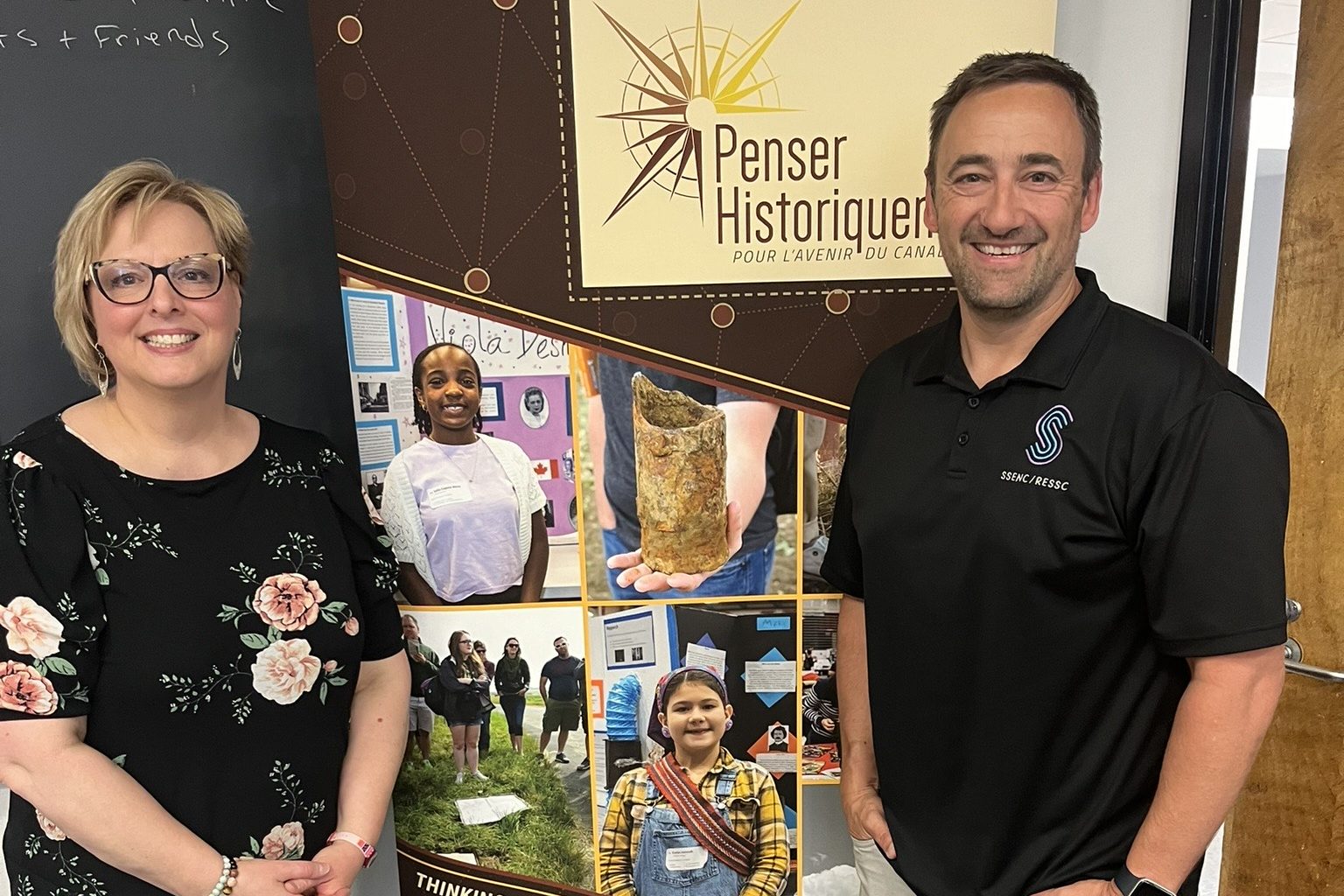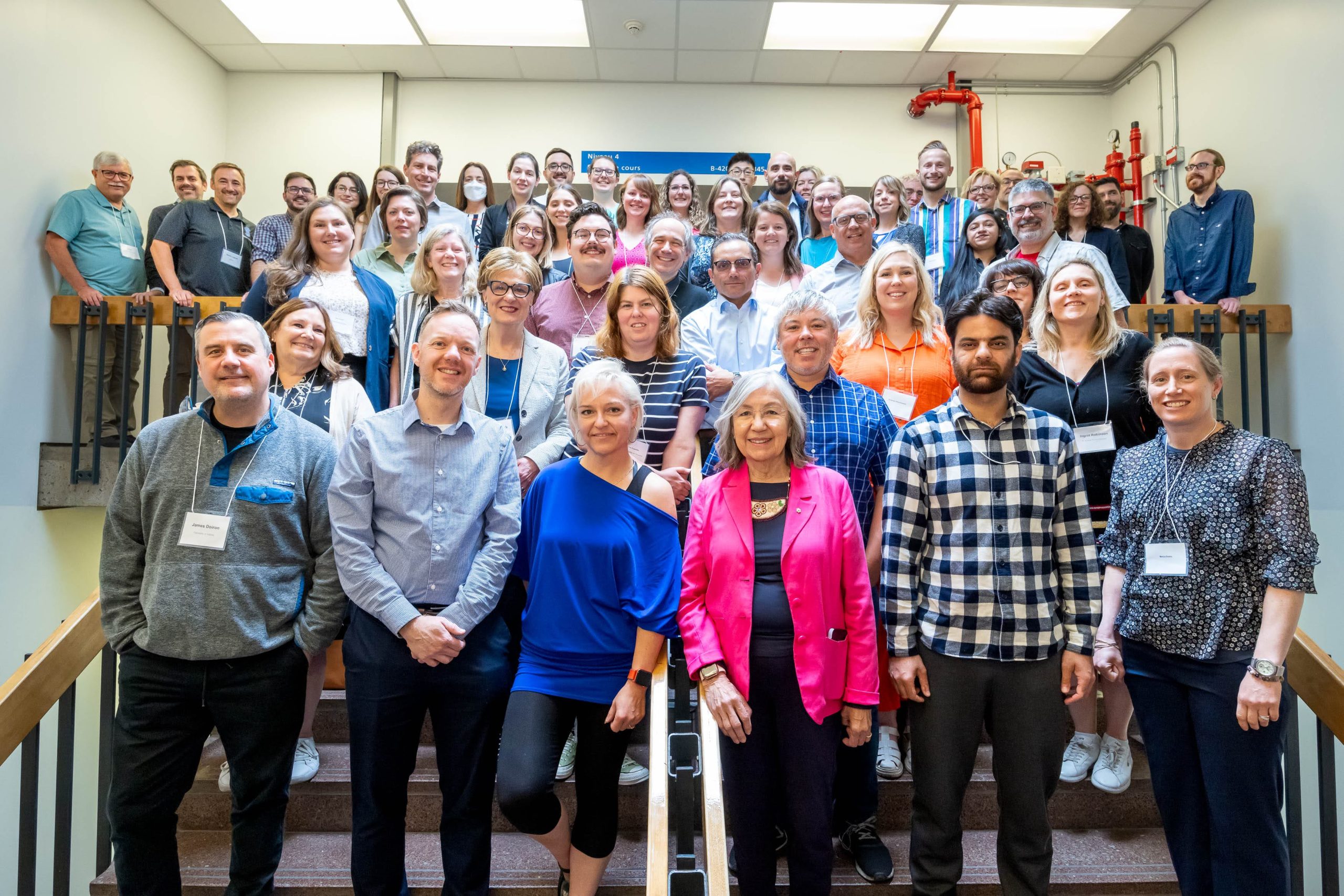Reflections from the Thinking Historically for Canada’s Future AGM
Shelley Kirkvold
Thinking Historically for Canada’s Future
Dr. Carla Peck • University of Alberta • Engaged Citizenship
In June, members of SSENC attended the annual general meeting (AGM) of Thinking Historically for Canada’s Future. As partners of this research initiative, we support their aims to encourage Canadians to reflect on their past to better shape their future.Their goals include promoting historical awareness, encouraging critical thinking, supporting informed decision-making, and fostering national identity.

Over the course of two days, participants, including research teams, grad students, education and public history partners from across Canada, engaged in discussions about ongoing research related to curriculum and resources, teaching and learning, and teacher education. This research emphasizes historical thinking, Indigenous knowledges, and civic engagement. Teams shared insights from various studies, including a 2021 teacher survey, provincial and territorial textbook analyses, professional practice portraits, and teacher education programs.
Key takeaways for SSENC members from the event included:
- “Citizenship is not just about picking up litter; in a democracy, it’s about holding states accountable for their actions.” Researchers emphasized the critical role of education in helping students understand and act on this concept. The curriculum analysis from the territories provoked thought on how the concept of citizenship resonates with Indigenous students and communities. While Western concepts of citizenship often emphasize debate and action, many Indigenous perspectives focus on being and listening.
- The early study results raise important questions about the relationship between Indigenous knowledges and Western concepts of citizenship. There is a need to address the diversity gap in social studies education and the research has the potential to have positive impacts as it progresses.
- Discussions fostered optimism about expanding the traditional Eurocentric view of citizenship to incorporate localized Indigenous ways of knowing and being. Notions of citizenship should reflect our relationship to land and place, including our kinship with the natural world, and center traditional knowledge systems.
- Coming soon: research-based recommendations for redesigning history curriculum: reflecting on privilege and positionality, engaging with the ethical dimensions of historical thinking, challenging hegemonic narratives, valuing Indigenous ways of knowing and being, and focusing more on the future.
This AGM provided a wealth of thought-provoking insights into how we can better integrate diverse perspectives into our understanding of citizenship and history. It was a valuable opportunity to reflect on how educational practices can evolve to be more inclusive and responsive to the needs of all students.

